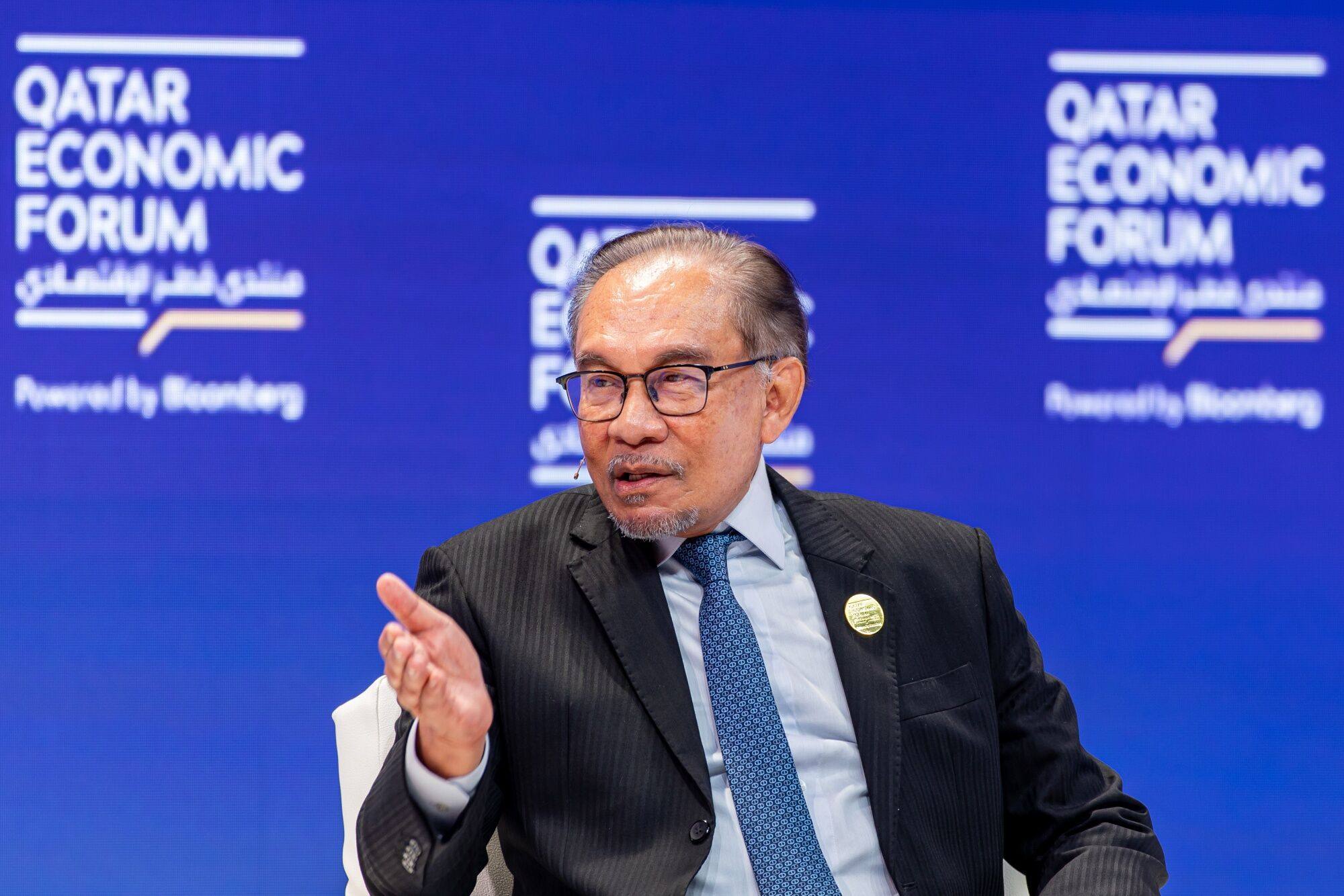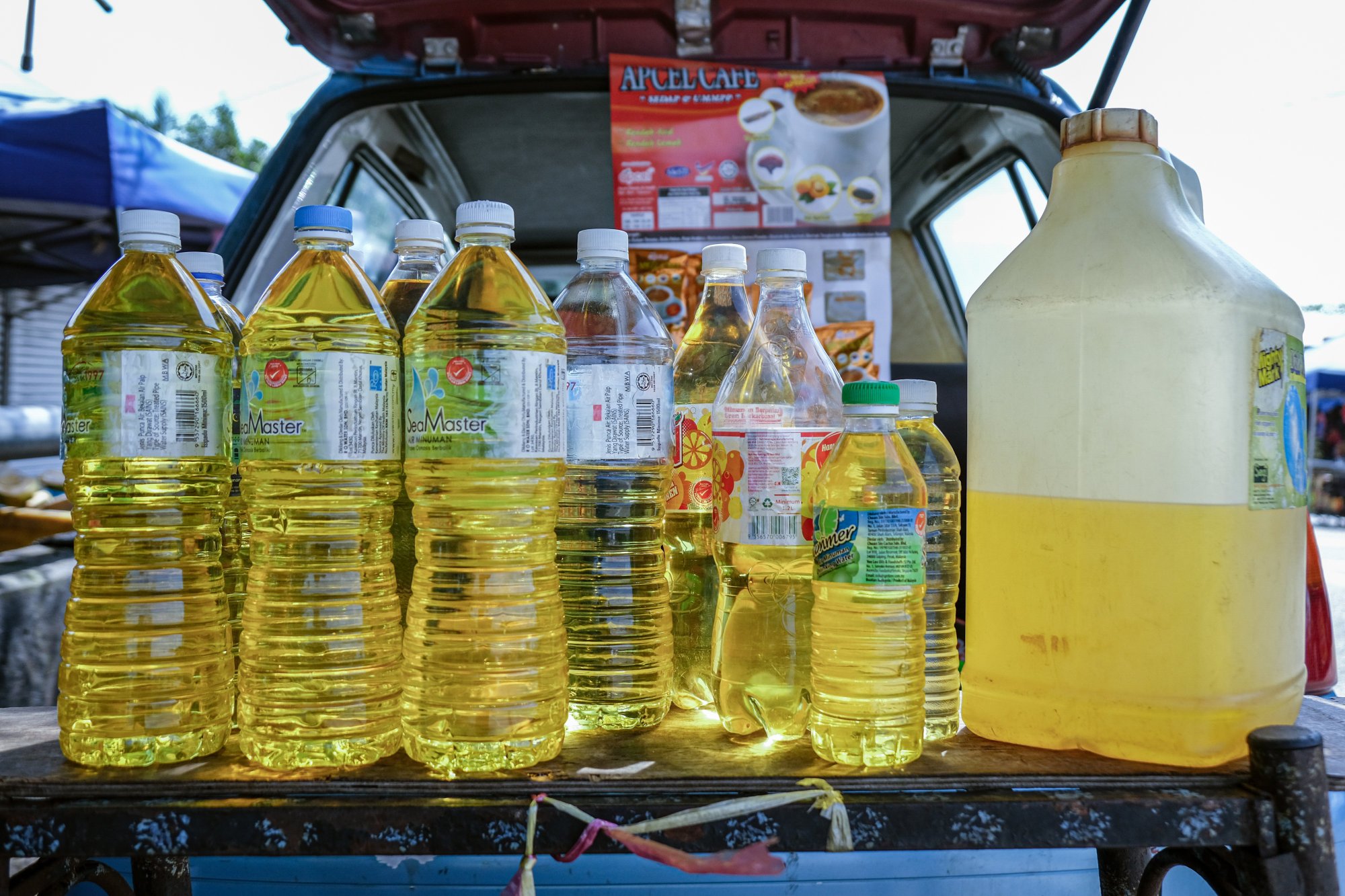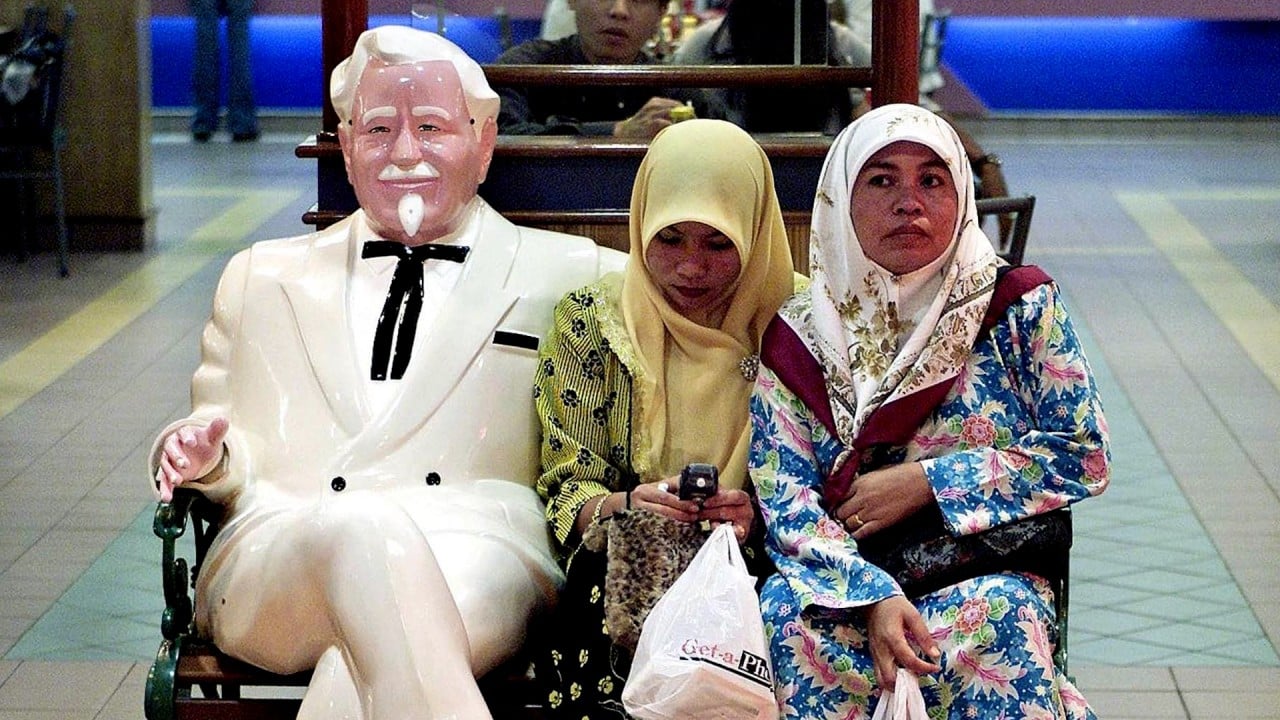“Any targeted subsidy should not burden the majority of the people,” he added.
Much of Malaysia’s cheap diesel has been poured into luxury sport utility vehicles and pickup trucks that function as personal vehicles and is often smuggled across the border into Thailand.
Older diesel-powered pickup trucks could become the go-to vehicles of many odd-job workers who may not be eligible for the new subsidy scheme as such trucks are not affected by the latest measure.

Saiful Abdullah, an owner of an appliance repair business, said he was unsure of his eligibility for assistance and was assessing the financial impact on his business.
“Whether I like it or not, I might need to pass this cost to my customer,” he told This Week in Asia.
Capped at 2.15 ringgit (US$0.46) per litre since 2021, the price of subsidised diesel is 60 per cent lower than unsubsidised diesel at around 3.48 ringgit (US$0.74).
“I spend around 120 ringgit (US$25) for a full tank of diesel. Soon that will go up to around 210 ringgit (US$45), said Saiful, who calculated his spending on diesel monthly would nearly double to 840 ringgit (US$179).
In his speech, Anwar recognised that the subsidy change “is not an easy one” and required everyone to step out of their comfort zone “so that change can happen”.
“The economic progress achieved is meaningless if we are still plagued by narrow thinking and there is no will or effort to change,” he said.

With the new measures, Malaysia is projected to spend 52.8 billion ringgit (US$11.26 billion) on subsidies and social assistance this year, saving an estimated US$2.5 billion from 2023, according to budget data.
The shift to targeted subsidies comes as Malaysia looks to implement labour reforms and tackle stagnant wages amid persistent inflation.
The decision has been long mooted by the government with Anwar, who highlighted that diesel use jumped nearly 40 per cent from 2019 to 2022 despite an increase of just 2.4 per cent in the registration of diesel vehicles over the period.
“So there is a problem about misuse, smuggling and leakage. This is a leakage of 10 billion ringgit [US$2.12 billion],” Anwar said in May 2023.
At half the price of Thailand’s 32 baht (US$0.89) per litre diesel, cheap Malaysian diesel has long fed rampant smuggling northward across the two countries’ porous border.
Economist Aimi Zulhazmi at the University of Kuala Lumpur described the latest measure as “brave”, calling it a smart decision to start with diesel before curtailing similar subsidies on the more ubiquitous petrol fuel.
“We should start with diesel first because of the abuse and smuggling of the fuel,” Aimi told This Week in Asia.
Abdullah’s Barisan Nasional coalition lost a two-thirds majority in parliament and was defeated in five states.
Warning of a similar blowback, government MP Hassan Abdul Karim cautioned Anwar and his team to be careful when tackling subsidies, saying that while the intention was merited, it entailed a big risk.
“Don’t let it be that by pulling away petrol and diesel subsidies, the public will pull their support like what was experienced by the Abdullah Ahmad Badawi administration previously,” Hassan wrote on his Facebook page.
Unlike Anwar’s more measured approach, Abdullah’s administration floated the prices of petrol and diesel overnight, leading to a spike of 78 cents and 1 ringgit, respectively, in a matter of hours.


